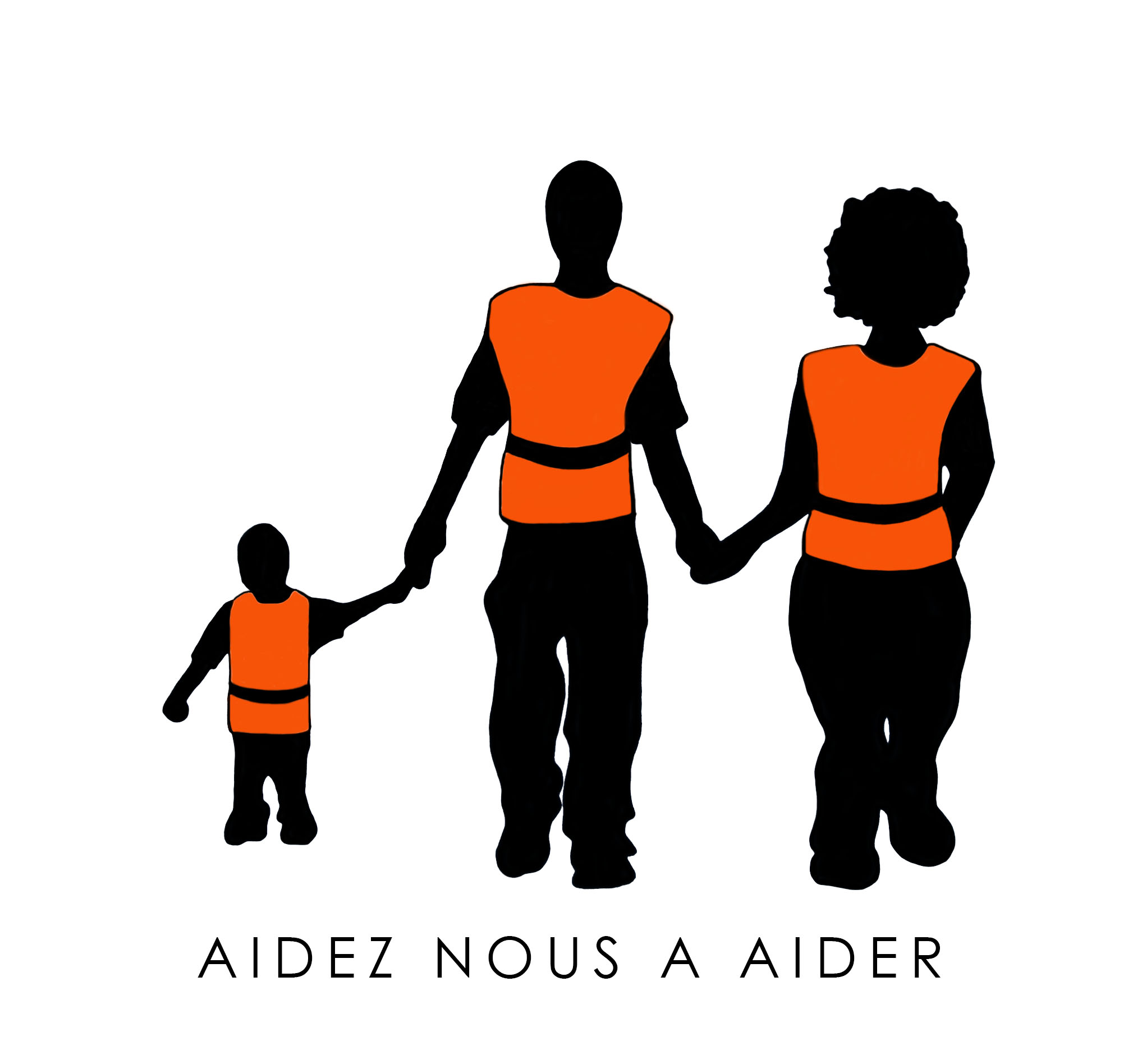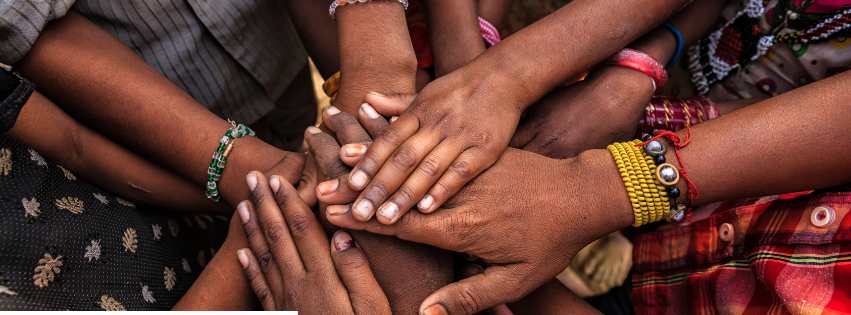Ceuta, a small Spanish enclave on the northern coast of Africa, is a focal point in the ongoing migrant crisis. Nestled at the crossroads between continents, Ceuta has become both a haven and a complex challenge for many, particularly migrant children. These young individuals, often unaccompanied, find themselves navigating an intricate web of hope, despair, and uncertainty.
The Journey for Migrant children in Ceuta, Spain
For many migrant children, reaching Ceuta is the culmination of a perilous journey marked by immense hardship and danger. These young travelers often originate from various parts of Africa, including countries such as Morocco, Algeria, and Sub-Saharan nations like Mali and Senegal. Some even come from as far away as the Middle East, fleeing conflict and instability in countries like Syria and Yemen.
The journey to Ceuta is a treacherous odyssey, beginning with the grueling trek across vast deserts. This part of the journey exposes them to extreme temperatures, dehydration, and the constant threat of violence from bandits and traffickers. Many children travel with little more than the clothes on their backs, facing the relentless sun by day and frigid temperatures by night. The Sahara Desert, in particular, is notorious for its harsh conditions and the high risk of death from exposure or lack of water.
Exploitation by smugglers is a grim reality for these young migrants. Smugglers often promise safe passage in exchange for exorbitant fees, only to subject the children to abuse and neglect. They are frequently crammed into overcrowded and unsafe vehicles, hidden in dangerous conditions, and moved through clandestine networks that prioritize profit over human life. Along the way, these children may experience physical violence, psychological trauma, and even sexual exploitation.
Reaching the coast, they face the formidable task of crossing the Mediterranean Sea. This leg of the journey is arguably the most perilous. Migrants are often packed into flimsy, overcrowded boats that are ill-equipped to handle the open sea. The risk of capsizing is high, and many lives are lost to drowning. Despite these dangers, the crossing continues to be a desperate gamble for many, driven by the hope of a better future in Europe.
The allure of Ceuta lies in its geographical significance. As a Spanish enclave on the African continent, it represents a tangible gateway to Europe and the opportunities it symbolizes. For these children, Ceuta is not just a destination but a symbol of hope. It offers the prospect of escaping the cycles of poverty, violence, and instability that plague their home countries. The dream of safety, education, and a brighter future fuels their determination to reach this enclave, despite the overwhelming odds.
The journey to Ceuta, fraught with peril and uncertainty, underscores the desperate measures that migrant children are willing to take in search of a better life. Their resilience and courage are testaments to their enduring hope, even in the face of unimaginable adversity.
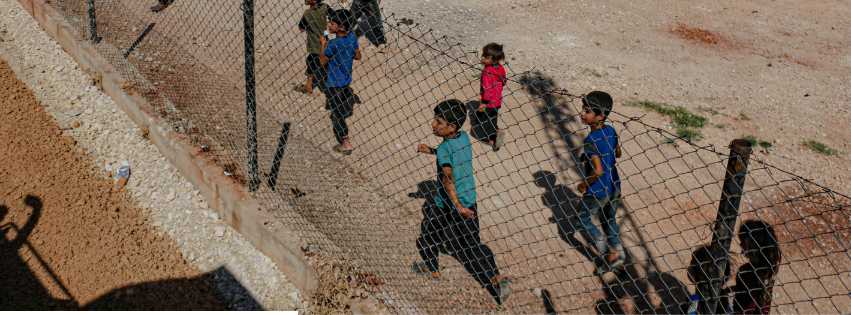
Also Read: Migrants and Housing
Life in Limbo for Migrant children in Ceuta, Spain
Upon arrival in Ceuta, the challenges for migrant children are far from over. The enclave’s infrastructure is heavily strained by the continuous influx of migrants, with many arriving in rapid succession. The reception centers, intended to provide temporary shelter for these children, are frequently overwhelmed, leading to severe overcrowding. As a result, these facilities often struggle to meet even the most basic needs of their residents.
In these overcrowded reception centers, securing adequate shelter becomes a daily challenge. Many children are forced to sleep in cramped conditions, with limited personal space and privacy. The lack of sufficient beds and bedding means that some children might sleep on floors or makeshift arrangements, further exacerbating their discomfort and vulnerability.
Food provision is another critical issue. While efforts are made to supply regular meals, the quality and quantity of food often fall short due to the high number of mouths to feed. This can lead to nutritional deficiencies, impacting the children’s physical health and development. Long queues and limited rations can also foster a sense of scarcity and competition, which adds to the stress and anxiety these young migrants already feel.
Education, a vital component of a child’s development and well-being, is often limited in these reception centers. While some facilities attempt to offer educational programs, the resources are typically insufficient. There are not enough teachers, classroom materials, or proper spaces for learning. This lack of access to consistent and quality education leaves many children idle and unengaged, further stalling their progress and integration into society.
Healthcare is another critical area where resources fall short. With overcrowded conditions, the spread of illnesses and infections becomes more likely, and medical facilities within the reception centers are often ill-equipped to handle the volume of cases. Children with pre-existing health conditions or those who have suffered injuries during their journey may not receive the timely and adequate medical attention they require, leading to prolonged suffering and complications.
The psychological and emotional well-being of these young migrants is severely impacted by the inadequate living conditions. Overcrowding, coupled with the uncertainty of their future, can lead to heightened levels of stress, anxiety, and depression. Many children have endured traumatic experiences during their journey and lack the necessary psychological support to process and recover from these events. The constant noise, lack of privacy, and overall instability of their environment can exacerbate feelings of helplessness and despair.
These children live in a state of limbo, caught between the hope of a better future and the harsh reality of their present circumstances. The asylum application process is often lengthy and complicated, leaving them in prolonged uncertainty about their legal status and future prospects. During this waiting period, their dreams of moving further into Europe or reuniting with family members remain on hold, adding to their emotional burden.
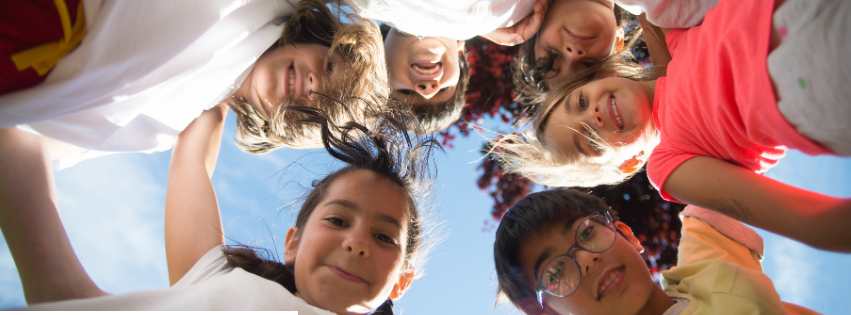
Legal and Social Challenges for Migrant children in Ceuta, Spain
The legal framework surrounding unaccompanied migrant children in Ceuta is complex and multi-faceted. Spanish law recognizes these children as a vulnerable group entitled to protection and care. This legal recognition mandates that unaccompanied minors be provided with shelter, basic needs, and access to education and healthcare. The aim is to ensure their safety and well-being while their legal status is being determined.
However, the process of granting asylum or securing a stable status for these children can be slow and mired in bureaucracy. The Spanish asylum system is often overwhelmed by the sheer volume of applications, leading to significant delays. Each case requires thorough examination to determine the child’s eligibility for asylum based on factors such as their personal history, the conditions in their home country, and their specific vulnerabilities. This detailed scrutiny, while necessary, prolongs the waiting period during which children live in uncertainty.
During this protracted process, children are at constant risk of being repatriated to their countries of origin. Despite the protective intentions of Spanish law, the decision to return a child is sometimes made, especially if their asylum claim is denied or if they are deemed not to fit the criteria for international protection. This potential repatriation poses a grave risk, as many children might face the same life-threatening conditions, persecution, or violence that prompted their initial flight.
Furthermore, the social integration of these unaccompanied migrant children is fraught with significant challenges. Language barriers are one of the most immediate obstacles. Many of these children do not speak Spanish, making communication difficult and hindering their ability to engage fully in educational and social activities. The lack of language skills can isolate them from their peers and impede their academic progress, limiting their long-term prospects.
Cultural differences also play a substantial role in the difficulties these children face. They come from diverse backgrounds with varying customs, traditions, and social norms. Adapting to a new culture can be a daunting task, especially for young migrants who are already dealing with the trauma of displacement and the stress of their uncertain legal status. This cultural adjustment is compounded by the need to navigate a new and unfamiliar social environment.
The stigma associated with being a migrant further exacerbates these integration challenges. Migrant children often face discrimination and prejudice from local communities, which can manifest in bullying at school, exclusion from social activities, and negative stereotypes. This stigma can damage their self-esteem and sense of belonging, making it even harder for them to integrate and feel accepted.
While educational opportunities are technically available to these children, their effectiveness is often limited by the aforementioned barriers. Schools may lack the resources to provide specialized support for non-Spanish-speaking students, and teachers may not be adequately trained to address the unique needs of traumatized and displaced children. This gap in educational support can hinder the academic achievement and future opportunities of migrant children, perpetuating a cycle of disadvantage.
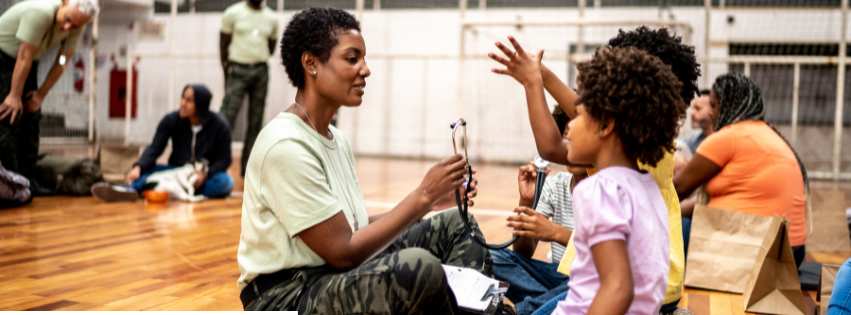
Also Read: What are the mental health challenges faced by migrants?
Acts of Hope and Resilience for Migrant children in Ceuta, Spain
Despite the daunting challenges, stories of hope and resilience emerge from Ceuta, where various non-governmental organizations (NGOs) and local community groups tirelessly work to support migrant children. These organizations play a crucial role in mitigating the difficulties faced by these young migrants and helping them rebuild their lives.
One of the primary areas of focus for these NGOs is education. They establish and run educational programs tailored to meet the needs of migrant children, many of whom have had interrupted or minimal schooling. These programs often include language classes to help children learn Spanish, which is essential for their integration into the local community and educational system. Volunteers and educators provide tutoring and academic support, ensuring that the children can catch up on missed education and develop the skills necessary for their future.
Psychological counseling is another critical service offered by these organizations. Many migrant children arrive in Ceuta with severe psychological trauma due to the harrowing experiences of their journey and the violence or instability they escaped in their home countries. Professional counselors and psychologists work with these children to help them process their trauma, manage their emotions, and build resilience. Group therapy sessions also provide a space for children to share their experiences and support one another, fostering a sense of solidarity and understanding.
Recreational activities are an essential component of the support provided to migrant children. These activities, which include sports, games, and outings, offer a much-needed break from the stress and monotony of life in reception centers. They help children develop physical health, teamwork skills, and self-confidence. Sports programs, in particular, are effective in teaching discipline, fostering friendships, and providing a constructive outlet for energy and emotions.
Creative expression initiatives are particularly impactful in the rehabilitation of these young migrants. Art programs allow children to express their emotions and experiences through various mediums, such as painting, drawing, and sculpture. These activities not only provide an emotional outlet but also help children process their trauma in a non-verbal way, which can be particularly beneficial for those who struggle to articulate their feelings. Art therapy sessions often reveal deep insights into the children’s inner worlds and can be an essential part of their healing process.
Music and drama programs also play a significant role in helping migrant children cope. Participating in music classes or theater productions enables children to explore their talents, build self-esteem, and experience the joy of creative collaboration. These activities can be incredibly empowering, giving children a sense of accomplishment and pride.
Furthermore, these creative and recreational programs foster a sense of community and belonging. By participating in group activities, migrant children can form connections with their peers, volunteers, and local community members. These interactions help break down barriers, reduce feelings of isolation, and create a supportive network that is crucial for their emotional well-being.
In addition to direct services for children, NGOs and community groups also engage in advocacy and awareness-raising efforts. They work to educate the local population about the plight of migrant children, promote understanding and empathy, and combat prejudice and discrimination. These efforts are vital in creating a more welcoming and inclusive environment for the children.
Despite the immense challenges, the resilience of migrant children in Ceuta shines through in these supportive environments. The dedication of NGOs and local community groups demonstrates that with the right support and opportunities, these children can overcome their traumatic pasts and build hopeful futures. Their stories of perseverance and strength are a testament to the human spirit’s capacity to endure and thrive against the odds.
The Path Forward
The plight of migrant children in Ceuta underscores the urgent need for a concerted effort from all stakeholders to address their immediate and long-term needs. This multifaceted challenge requires coordinated actions at local, national, and international levels to ensure that these vulnerable children receive the protection and care they deserve.
Collaboration and Policy Reforms
European Collaboration: European countries must work together to share the responsibility of caring for migrant children. This collaboration can take several forms, including the redistribution of asylum seekers across the EU to reduce the burden on frontline states like Spain. A fair and efficient relocation mechanism would help ensure that no single country is overwhelmed by the influx of migrants.
Speeding Up the Asylum Process: One of the critical issues facing migrant children in Ceuta is the lengthy and bureaucratic asylum process. Streamlining these procedures is essential to reduce the time children spend in uncertainty. This could involve increasing staffing levels in asylum offices, implementing more efficient case management systems, and providing legal assistance to ensure that applications are processed swiftly and fairly.
Improving Living Conditions in Reception Centers: The overcrowded and under-resourced reception centers in Ceuta require significant improvements. This includes increasing the capacity of these centers to prevent overcrowding, ensuring that all children have access to adequate shelter, nutritious food, healthcare, and educational opportunities. Investing in better facilities and more trained staff would improve the quality of care and support provided to these children.
Enhancing Integration Programs: Effective integration programs are crucial for the long-term well-being of migrant children. These programs should focus on language acquisition, cultural orientation, and educational support. Schools and community organizations need resources to provide tailored educational programs, extracurricular activities, and psychological support to help children adapt to their new environment and thrive.
Addressing Root Causes
Conflict Resolution and Peacebuilding: Many children flee their home countries due to conflict and violence. International efforts to resolve conflicts and promote peace are essential in reducing the number of children forced to undertake dangerous journeys. Diplomatic initiatives, peacekeeping missions, and support for conflict resolution processes can help stabilize regions and create safer environments for children.
Economic Development and Poverty Alleviation: Poverty and lack of opportunities are significant drivers of migration. International aid and development programs should focus on creating economic opportunities in migrants’ home countries. This includes investing in education, vocational training, and job creation initiatives that can provide young people with viable alternatives to migration.
Human Rights and Governance: Strengthening human rights and improving governance in source countries can also reduce the push factors driving migration. Efforts should be made to support democratic institutions, combat corruption, and promote the rule of law. Ensuring that citizens have access to justice and can live free from persecution and abuse is fundamental to creating conditions where migration is a choice rather than a necessity.
International Cooperation and Aid
Humanitarian Aid and Development Assistance: Wealthier nations and international organizations need to increase their humanitarian aid and development assistance to regions that are major sources of migration. This aid should be directed towards projects that improve the living conditions and future prospects of children and their families, such as building schools, healthcare facilities, and community centers.
Global Partnerships: Addressing the complex issue of migration requires global partnerships involving governments, international organizations, NGOs, and the private sector. Collaborative efforts can leverage resources, expertise, and influence to create comprehensive solutions that address both the symptoms and root causes of migration.
Migrant children in Ceuta embody the complex intersection of hope and hardship that defines the broader migrant crisis. Their experiences highlight the urgent need for compassionate and comprehensive policies that prioritize their well-being. By addressing both immediate needs and long-term solutions, we can offer these children a chance at a brighter future, affirming our commitment to human rights and dignity for all.
